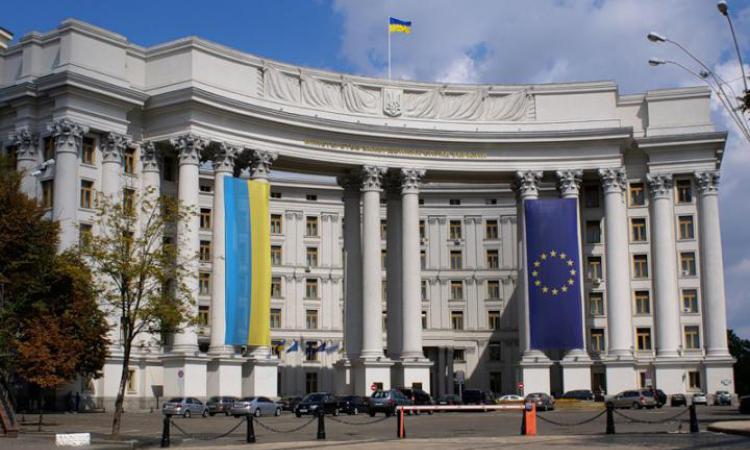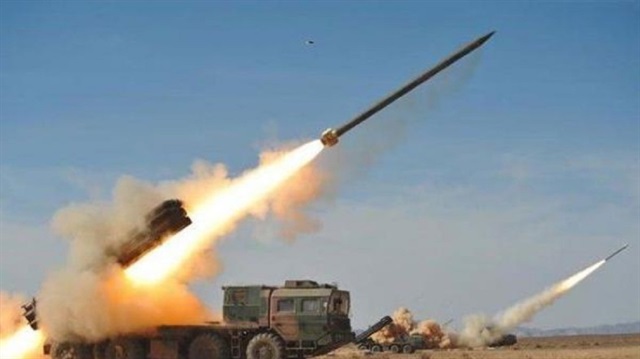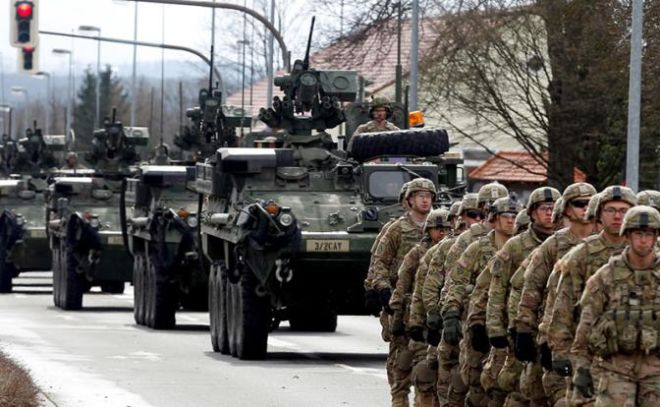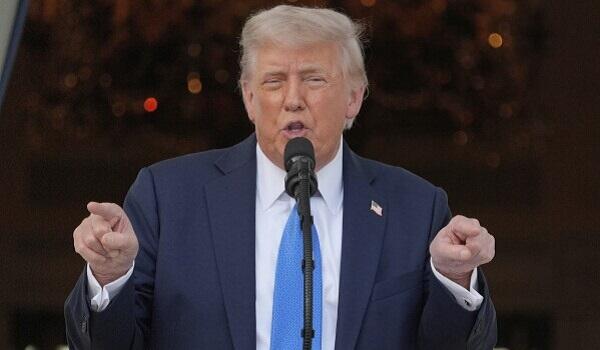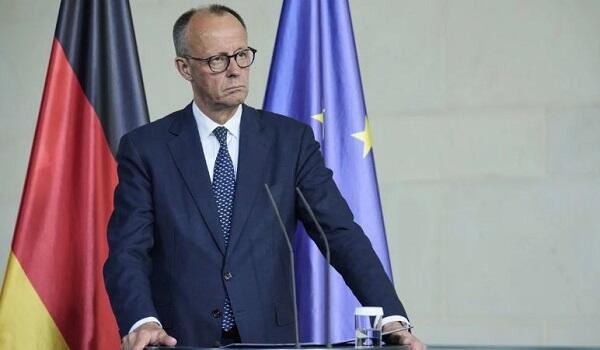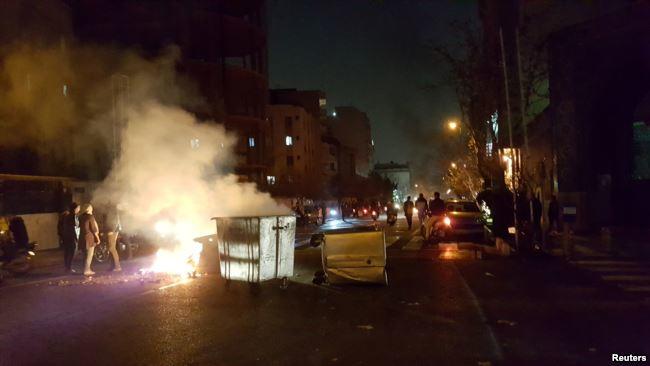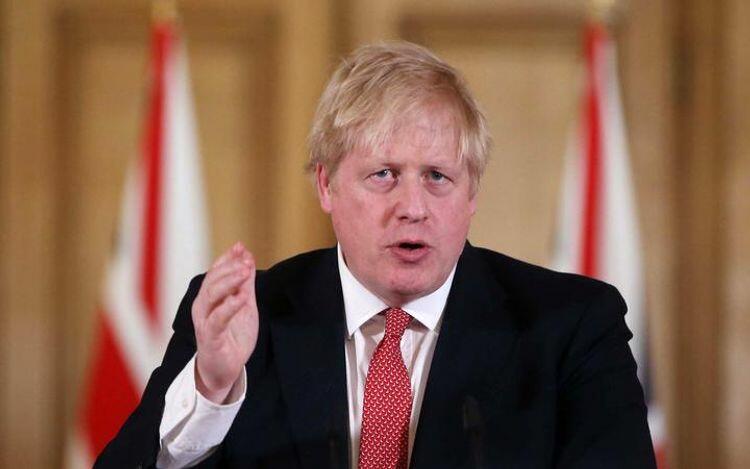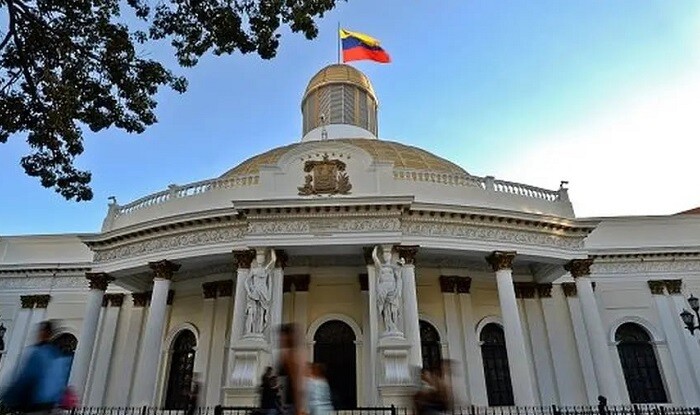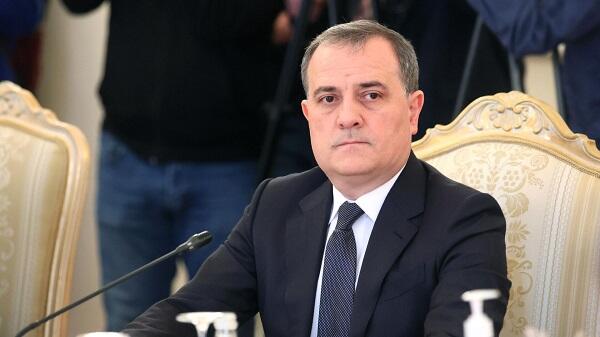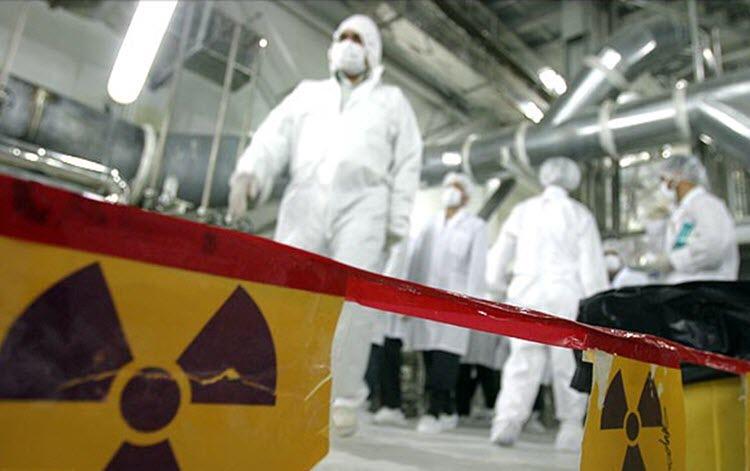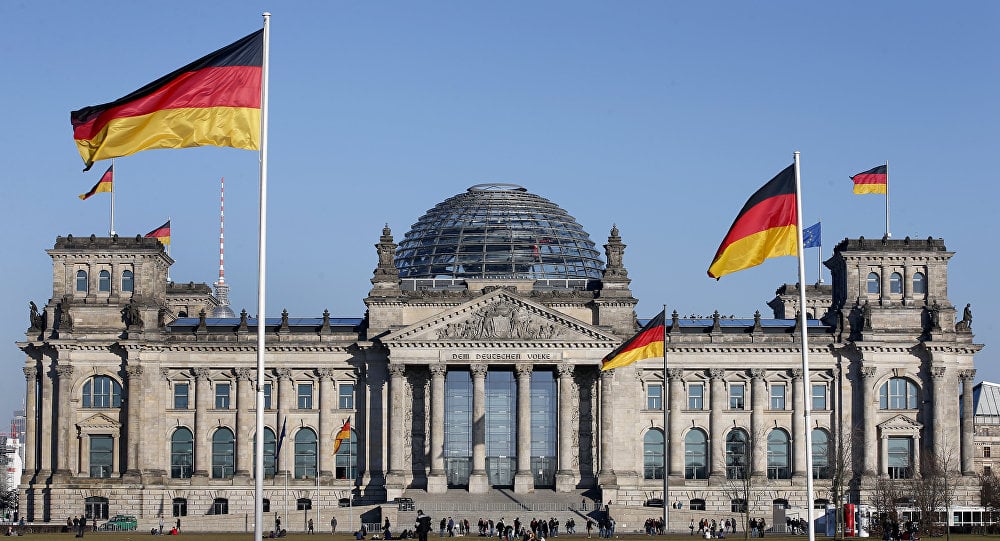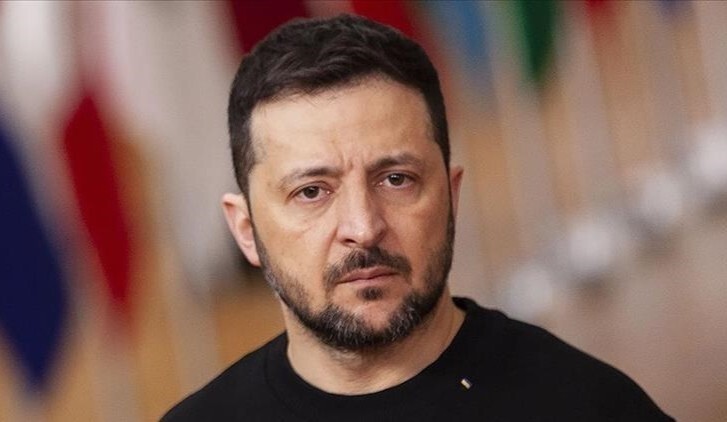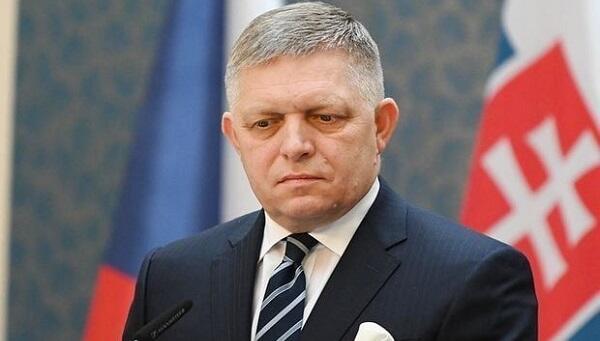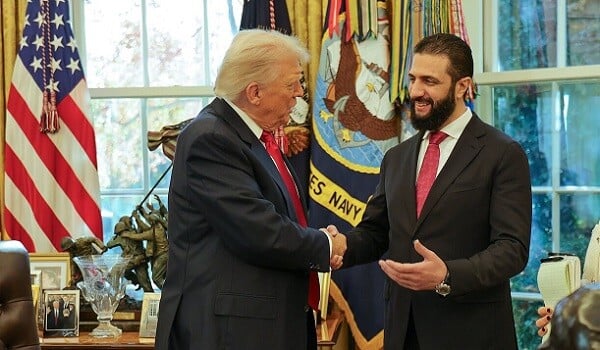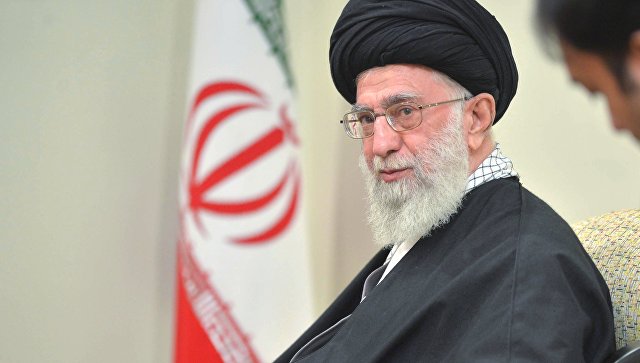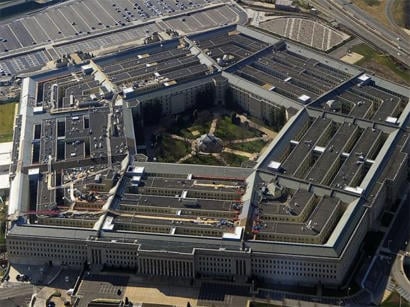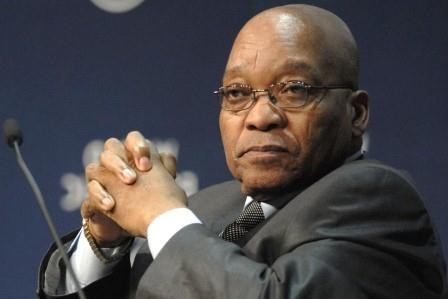Thousands of South Africans demonstrated on Wednesday
for the resignation of President Jacob Zuma, who is enmeshed in
scandals that critics say are undermining the country's
democracy.
The protests in the administrative capital of Pretoria came as a
court ordered the release of a state watchdog report about
allegations that a business family linked to Zuma sought to
influence some Cabinet post selections to benefit its own business
interests. The public protector's office must release the report on
Wednesday, the North Gauteng High Court ruled.
Zuma earlier sought to block the release of the report, but his
lawyer, Anthea Platt, said he was dropping the effort.
The possibility of new revelations of alleged wrongdoing at top
levels of the South African government is likely to increase
pressure on Zuma, who apologized earlier this year after the
Constitutional Court said he flouted the constitution in a scandal
over more than $20 million in state funds used to upgrade his rural
home. Zuma eventually paid back more than $500,000, an amount
determined by the national treasury.
In a separate scandal, the director of the National Prosecuting
Authority this week dropped fraud charges against Finance Minister
Pravin Gordhan following an outcry by South Africans who suspected
the move to prosecute Gordhan was an attempt by government factions
to take control of the national treasury.
On Wednesday, business executives, religious leaders and others
gathered in a Pretoria cathedral to demand that Zuma quit. They
said alleged corruption linked to the president was undermining one
of Africa's biggest economies, which is experiencing weak growth,
as well as a constitution that was crafted after the end of white
minority rule in 1994.
"It is not possible to turn the situation around" as long as
Zuma remains president, said Sipho Pityana of Save South Africa, a
coalition of groups that say they seek to protect the
constitution.
Separate rallies were also held in Pretoria by South Africa's
two biggest opposition parties, the Democratic Alliance and the
Economic Freedom Fighters. The ruling African National Congress
party, which took power after the end of apartheid, lost several
key municipalities in local elections in August, partly because of
public dissatisfaction with the president.
The marches were mostly peaceful, but some shop windows were
smashed and police fired rubber bullets to disperse a crowd in one
area during the street demonstrations. Four people were arrested
for throwing stones at passing cars, the African News Agency
reported.
Zuma has not commented this week on growing calls for his
ouster. He is scheduled to chair a forum in Harare on Thursday with
Zimbabwean President Robert Mugabe.
